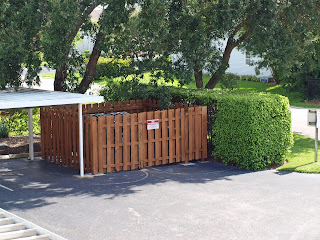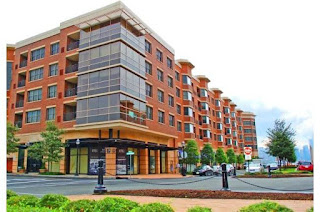Jury Finds Subsidiary of National Developer Hovnanian Enterprises Inc. Liable for Breach of Contract and Violation of the New Jersey Consumer Fraud Act MORRISTOWN, NJ & FORT LAUDERDALE, Fla. – June 5, 2017– Becker & Poliakoff secured a landmark $9 million-plus jury verdict Thursday against a subsidiary of Hovnanian Enterprises, Inc. (NYSE: HOV). The award includes punitive (treble) damages for violation of the New Jersey Consumer Fraud Act and also entitles the plaintiff to recover attorneys’ fees, costs and prejudgment interest. The jury found that Hovnanian Enterprises used the subsidiary as an instrument to commit a fraud or injustice on purchasers of condominium units. The ultimate recovery against all parties, including the project architect and geotechnical engineer, could exceed $20 million.
After a six-week trial in New Jersey Superior Court (Docket No. HUD-L-2560-13), the jury agreed that Hovnanian, after learning that the condominium building was being improperly constructed with plywood flooring in violation of the building code, chose to nevertheless continue construction. Hovnanian then sought to reclassify the building type. The jury agreed with the plaintiff’s position that the reclassification was never approved by governmental authorities. The units were then sold without disclosing the code violations or the lack of approval to the buyers. The claim arose out of construction problems with the six-story, 132-unit residential and commercial building in Port Imperial, West New York, NJ.
Matthew Meyers, a Shareholder in Becker & Poliakoff’s Morristown office, represented the homeowners and initiated the suit against Hovnanian. “Hovnanian knew that the use of combustible materials in the flooring was in violation of the building code, and instead of fixing the mistake, attempted to change the building’s classification. They then sold units knowing that the change in classification had never been approved. They continued to arrogantly defend their conduct at trial but the jury would have none of it. Hopefully, after this verdict, Hovnanian will get the message.”
“A key point making this landmark case particularly unique is that the parent company, Hovnanian Enterprises, was found to have used its shell subsidiary to perpetrate an injustice on the condominium unit buyers,” said Becker & Poliakoff shareholder
John Cottle, who was first chair/lead trial counsel in the case representing the homeowners. “This is a rare instance in which the ‘corporate veil’ was pierced, and we expect the result of this will be that Hovnanian Enterprises will ultimately be held responsible for the judgment.”
In addition to Cottle, the Becker & Poliakoff trial team from Florida included:
Perry M. Adair, Miami managing shareholder and a board-certified construction law attorney; and
Sanjay Kurian, a shareholder and board-certified construction law attorney. The New Jersey team included
Vincenzo Mogavero, a shareholder and litigation Chair and
Martin Cabalar, in addition to Mr. Meyers.
About Becker & Poliakoff Becker & Poliakoff, with headquarters in Fort Lauderdale, Fla., is a multi-practice commercial law firm with attorneys, lobbyists and other professionals at offices across the United States. More information is available at
www.bplegal.com.



















